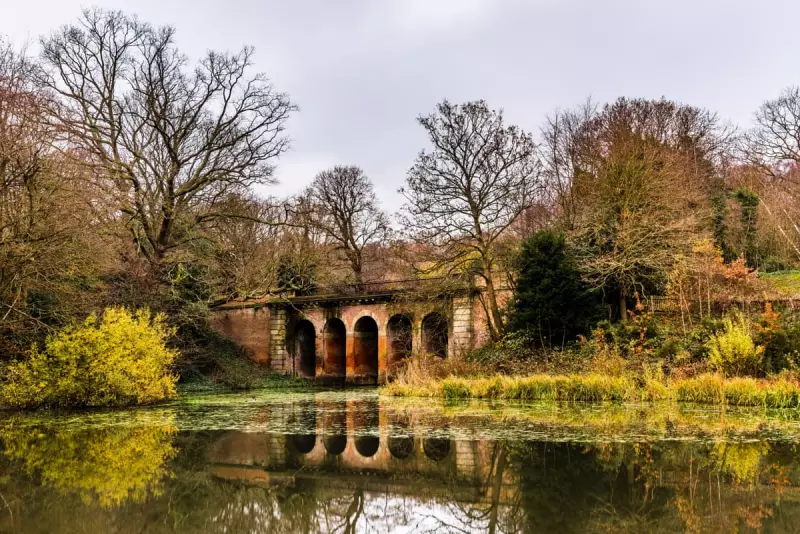
Seventy-five years ago, the ponds of Hampstead Heath danced with dragonflies, their iridescent wings catching the sunlight in a spectacular aerial ballet. Today, that vibrant spectacle has largely vanished, leaving behind haunting questions about our changing environment.
A Time Capsule from 1950
The rediscovery of a 1950 nature diary entry paints a vivid picture of what has been lost. Where once multiple species of these ancient insects patrolled the water's edge, modern observers are fortunate to spot even a solitary dragonfly gracing these same waters.
"Possibly the only dragonfly left over the pond," the diary entry notes with poignant simplicity, suggesting the decline was already underway generations ago.
The Silent Ponds of Hampstead
What has changed so dramatically in these London landscapes? Conservation experts point to several factors contributing to this quiet disappearance:
- Urban development encroaching on natural habitats
- Water quality changes in the Heath's historic ponds
- Climate shifts affecting insect life cycles
- Loss of biodiversity creating fragile ecosystems
Dragonflies, being sensitive indicators of environmental health, serve as nature's early warning system. Their absence speaks volumes about the state of our urban wild spaces.
A Broader Ecological Story
The tale of Hampstead's disappearing dragonflies reflects a wider pattern across the UK. These magnificent insects, which have graced our planet for over 300 million years, face mounting pressures from human activity and environmental change.
Yet there is hope. The very fact that we notice their absence demonstrates our enduring connection to the natural world. Conservation efforts around Hampstead Heath continue to work toward restoring balance to these precious urban ecosystems.
As one conservation officer noted, "Every dragonfly sighting on the Heath now feels like a small victory—a reminder of what we're working to preserve for future generations."





